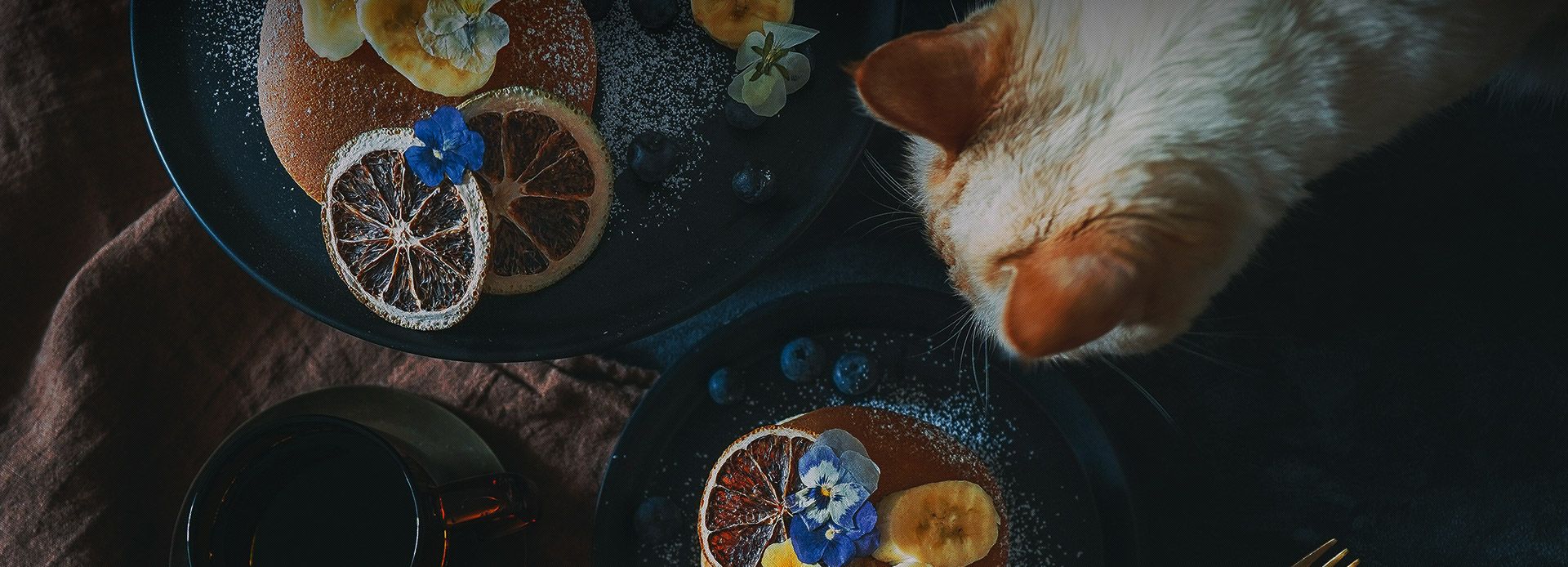李翊云于2017年出版的回忆录《亲爱的朋友,我从我的生活写给你生活里的你》是她在精神崩溃、患抑郁症,并且曾尝试放弃生命后,所写的一部深度剖析内心世界的精神自传。但不幸的是,就在这本书出版几个月后,她16岁的长子文森特自杀身亡。李翊云再度崩溃,但她没有倒下。这段经历促使她“化悲痛为力量”继续书写。
遭遇丧子之痛后,李翊云写过一篇看似平淡又非常让人心碎的文章《What Gardening Offered After a Son’s Death》,在文章开头说到:“Deep in mourning, I thought, What if spring never returns?”
紧跟着又写道:
Acouple of months after Vincent died, a colleague asked me where I was “in the process of grieving,” assuming, I supposed, that there would be, and should be, a conclusion of mourning at some point. That phrase struck me as inaccurate; she might as well have asked me where I was “in the process of living.”
文森特去世几个月后,一位同事问我“处于悲伤的过程中”,我猜想,在某个时候,哀悼将会而且应该结束。我觉得这句话不准确;她还不如问我“在生活的过程中”在哪里。
I think about the alternative lives of my characters all the time. But, as I did not live in fiction, I decided, soon after Vincent’s death, to stop pondering the alternatives. What if belongs to fiction; what now, to this real life.
我一直在思考我的角色的另类生活。但是,由于我并不生活在小说中,所以在文森特去世后不久,我决定停止思考其他选择。如果属于小说怎么办?现在该怎么办,面对现实的生活。
One can linger in that memory, but there is no reason to attach too much meaning to it. A garden is not a shrine. Living is not metaphorizing. I don’t always think about Vincent’s plan to work alongside me when I potter in the garden. A garden is trustworthy only at this moment, in this now: the past is irrevocable, the future unpredictable.
人们可以在这段记忆中流连忘返,但没有理由赋予它太多的意义。花园不是神社。生活不是隐喻。当我在花园里陶艺时,我并不总是想到文森特计划和我一起工作。花园只有在此时此刻才值得信赖:过去是不可挽回的,未来是不可预测的。
A garden is a place full of random, diverting, and irrelevant happenings, and a garden, as good as a rabbit hole, serves also as an antidote to a black hole. These days, I often get up early. Every flower seems to require an individual greeting from me. In the Buddhist tradition, one encounters sayings like “A flower is a world, a grass leaf is a paradise.” But I, not quite a believer in any kind of religion or metaphor, would rather think that each flower in my garden holds some concrete space, a physical one as well as a temporal one. A flower, like a thought, a sentence, a book, is but a placeholder. ♦
花园是一个充满随机、有趣和无关事件的地方,花园就像兔子洞一样,也是黑洞的解毒剂。这些天,我经常早起。每朵花似乎都需要我单独的问候。在佛教传统中,人们会遇到这样的说法:“一花是一个世界,一叶是天堂”。但我不太相信任何宗教或隐喻,我宁愿认为我花园里的每一朵花都拥有一些具体的空间,一个物理的空间,一个时间的空间。一朵花,就像一个思想、一句话、一本书,只是一个占位符。
为什么从头到尾都是在说花园,其实我并不是特别理解,好像懂了又好像没懂,直到前几天又读到莎士比亚《查理二世》中王后与园丁的一段对话,背景是王后听花匠说到国王已经死去:
王后:
迅捷传布的灾祸啊,
你的讯息与我密切相关,
为何让我最后一个知晓?
啊,你把讯息
向我最后透露,就是为了让我把你的哀伤
永存胸中。来吧,丫鬟们,我们走,
到伦敦去,和悲苦的国王聚会勾留。
怎么,难道我生来只配如此,
用愁容装点伟大的波林勃洛克的胜利?
花匠,因为你将噩耗向我言讲,
我祈求你嫁接的花木永不生长。
花匠
可怜的王后,如果能令您境况不再恶化,
我情愿让我的手艺受您咒骂。
她泪洒于此,我就在这个地方
种一簇苦味的芳草,名曰芸香。
芸香意为痛悔,不久就能看见,
纪念着一位王后的悲戚和辛酸。
有种说不出来又懂了的感觉,实在想不到特别好的措辞表达,花园好像就是我们深处其中的世界,又好像是遥远的理想之地,又可能会是无间地狱。也许正如李翊云所说,只有那么一些个别特殊的时刻,花园才可以依赖的精神家园。
